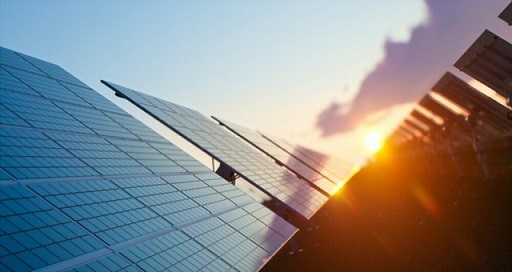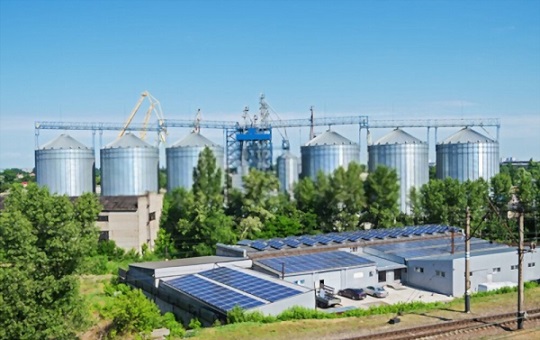Many people are now turning towards solar panels to use sustainable sources for producing energy and electricity. Solar panels are affordable, easy to install and help decrease your carbon footprint. On top of that, solar panels can also help you cut down your electricity bills.
But, many people have some confusion over how solar energy is converted into electricity or any other type of functional energy through solar panels. A lot of people also have a misconception that solar panels store energy for future use.
But, solar panels only collect energy. It does not store or convert solar energy.
Here is a detailed guide that can help you to understand how solar panels work and how you can get solar electricity through a solar panel.
Outline
ToggleHow do Solar Panels Generate Electricity?
Before you try to understand the working mechanism of a solar panel, you need to understand its structure.
A solar panel comprises two layers of silicon array encased inside an aluminium board and glass casing. The silicon crystals in a grid-like or array pattern get most solar energy. In this case, each of the crystals made the grid works as photovoltaic cells. Each grid is also called a photovoltaic cell.
Silicon has an abundant amount of loose elections. Such elections slowly start to move in different directions. When the solar rays or photons directly hit silicon atoms, the loose electrons inside the silicon atom become excited and agitated. The motion causes the atoms to generate static electricity or DC electricity.
In this case, the two layers work as semiconductors for generating solar electricity. While one layer is positively charged, another one is negatively charged. This causes a flow of DC electricity through the panel, and the electricity generation continues till the solar panel gets sunlight.
The solar panel also has a network of wires which work as power inverters. The static electricity or DC power is converted to AC electricity for future use.
Modern solar panels, especially the ultra-thin panels, are mostly made of other materials, including Amorphous Silicon(s-Si), Cadmium Telluride (CdTe), Copper Indium Gallium Selenide (CIGS) and Gallium Arsenide (GaAs).
The crystals of such materials are smaller in size and weigh less. Solar panels are more common in commercial sectors for designing satellites & spacecraft due to their weight.
Can Solar Panels Store Energy?
Solar panels do not store energy. These can only produce DC electricity. If you need to use the electricity, you must store the DC electricity for future use.
But, first, you need to convert eh DC electricity into AC electricity. Here comes the use of solar systems or inverters.
How to Store Energy from Solar Panels?
You can use solar batteries to store solar energy. Li-ion batteries are best because these batteries are more affordable and come in various capacities. On top of that, such batteries are also durable and require less storage space.
A typical Li-ion battery is made of two ports, an anode and cathode and has an electrolyte solution to transport the ions.
The solar panel is usually connected to the Li-ion battery with wires. The battery stores the electricity in the AC, which can be used to power up your household appliances. When the electricity comes to the battery’s cathode, the LI-ions get agitated and are released in the electroplate solution and the battery stores the electricity.
The wires from the anode port further connect the battery to your home appliance ports. When the appliances work, the electrons flow backward and discharge the stored energy in the AC to power up the appliances.
Is a Solar Battery Bank Necessary?
Well, it depends on how you intend to use solar electricity.
A bank may not be necessary if you use an on-grid electricity system. On-grid homes are homes that get the usual power supply from the power grid and use solar electricity for a few hours or for a specific watt power. Some on-grid homes also use solar electricity as a power backup.
But, if you need an off-grid home system, you may need a solar battery bank. Off-grid homes usually run on solar electricity solely while using a generator as a backup. Such homes are not connected to the common electricity supply line.
In short, if you plan to use solar electricity round-the-clock, you need to invest in a solar battery bank that will store the electricity and offer you a round-the-clock supply from the panels.
A battery bank may be necessary if you use a hybrid solar grid system or a system that simultaneously uses solar energy and power grid electricity.
Conclusion
Solar panels do not store solar energy and can only store solar electricity. You need batteries and inverters to get electricity and store the AC electricity for future use.
Now, you have a clear idea of how solar panels work and can effectively harness solar electric energy for your home.



